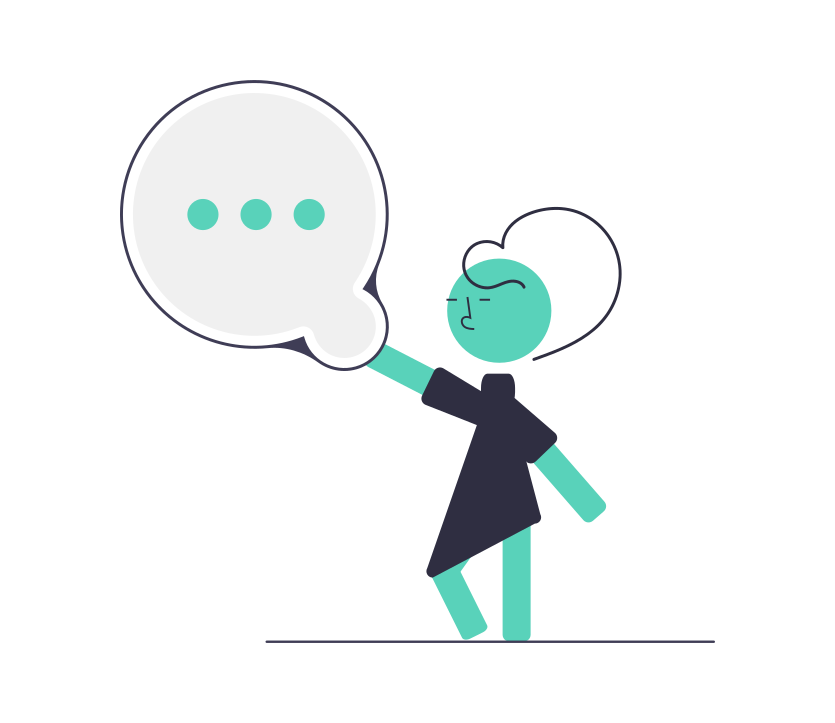
The global landscape has undergone significant shifts due to various crises, with the recent pandemic standing out as a major turning point. Among the numerous sectors affected, the healthcare industry has seen some of the most profound and lasting changes. The challenges of the pandemic forced rapid adaptations, leading to innovations that have reshaped the delivery of medical services. The way we access and receive medical care has shifted dramatically, showing new possibilities and creating a more resilient healthcare system.
Central to this transformation are the rise of online appointments and the enhancement of communication between patients and doctors. Online appointments became the new norm, providing a safe and convenient way for patients to receive medical attention without leaving their homes. This development is not only enhancing the quality of care but also fostering a more connected and efficient healthcare ecosystem.
As we delve into the specifics of this shift, it’s important to understand the key factors driving the widespread adoption of online medical consultations.
Why the online appointments are so popular?
- Accessibility: patients in remote or underserved areas can now access specialists and primary care providers without the need for travel.
- Convenience: patients can book appointments that fit into their day, reducing the need for time off work or childcare arrangements.
- Efficiency: online appointments often make the consultation process more efficient. With pre-visit questionnaires and the ability to share medical history digitally, both patients and doctors are better prepared for the meeting.
In addition to the convenience of scheduling and accessing medical care, real-time communication between patients and doctors has brought numerous benefits. This aspect of digital healthcare has further revolutionised the way medical information is exchanged and acted upon, leading to more personalised and responsive care.
What patients and doctors benefits from real-time communication?
- Improved patient engagement: patients take an active role in their healthcare. Through instant messaging and video consultations, patients can ask questions, report symptoms, and receive guidance without the need for in-person visits. This high level of engagement can correct the treatment plans and therefore – improve health outcomes.
- Enhanced access to care: telehealth services allow patients to consult with specialists who may be hundreds of miles away, ensuring they receive the care they need regardless of their location. This give patients a choice – they can find and have a consultation with any specialist they want.
- Efficiency and convenience: real-time communication reduces the need for unnecessary appointments and hospital visits. This not only saves time for both patients and providers but also reduces the strain on healthcare facilities. Additionally, the ability to quickly address concerns and adjust treatments in real time can prevent complications and reduce hospital readmissions.
- Two-way communication: modern push notification systems are evolving to facilitate two-way communication between patients and healthcare providers. Patients can respond to notifications, confirm appointments, request prescription refills, or ask questions, making the interaction more dynamic and responsive.
- Personalised care: with real-time data exchange, healthcare providers can monitor patients more closely and correct treatments to their specific needs. Wearable devices and health apps can continuously track vital signs and other health metrics, providing doctors with up-to-date information to make informed decisions.
Real-time communication is just one part of the digital healthcare changes we’re seeing today. Another important aspect is the use of push notifications. These messages help ensure that communication is timely and effective, reminding patients to take important steps for their health.
How push notifications drive better healthcare engagement?
As users consistently engage with gadgets, watches, and other devices, push notifications emerge as the most effective communication method. Given that users frequently check these gadgets, important updates or notifications from healthcare apps are unlikely to be missed. This ensures that critical information, such as appointment reminders, medication schedules, or health alerts, reaches users promptly. Moreover, the immediacy and visibility of push notifications help in promoting timely actions and adherence to health recommendations, contributing to better health outcomes and more efficient management of personal health.
Healthcare app notifications can be organised into several categories, each offering unique benefits for patients and doctors:
Medication alerts:
- Following medication regimen: notifications to take medications on time, refill prescriptions, or follow up with treatment plans, improving adherence rates
- Preventing errors: These alerts can also provide essential information about the dosage and any special instructions, helping to prevent medication errors.
- Condition-specific alerts: customized notifications for managing chronic diseases like diabetes, hypertension, and asthma, including reminders for glucose monitoring, blood pressure checks, and inhaler use.
- Health monitoring: integration with devices like fitness trackers and smartwatches allows for real-time health monitoring and alerts based on vital signs, activity levels, and sleep patterns.
- Emergency alerts: immediate notifications for abnormal readings, such as high blood pressure or irregular heartbeats, prompting quick medical attention.
Appointment reminders:
- Online visit reminders and reducing no-show rates: reminders for upcoming appointments, reducing no-show rates. These alerts can be customized to include the appointment date, time, and location.
- Enhancing patient preparedness: by sending reminders well in advance, healthcare providers ensure that patients are prepared for their appointments, leading to more productive consultations.
- Post-visit follow-ups: notifications with follow-up care instructions, surveys about the visit, and reminders for subsequent online consultations..
Health tips:
- Virtual health assistants: providing instant responses to patient inquiries to advanced analytics that predict patient needs,
- Promoting preventive care: regular health tips delivered via push notifications can educate patients about preventive care measures, encouraging healthier lifestyles and reducing the incidence of chronic diseases.
- Personalized health advice: based on data from patient records, healthcare providers can send personalized health tips that are relevant to individual patients’ needs, fostering a more personalized approach to healthcare.
- Behavioral prompts: using behavioural science to design notifications that encourage healthier habits, such as reminders to exercise, eat healthily, or practice mindfulness.
- Educational content: push notifications providing educational material related to specific conditions, helping patients understand and manage their health better.
- Therapy reminders: alerts for therapy sessions, medication, or self-care activities.
- Mood tracking: notifications prompting users to log their mood, stress levels, or other mental health metrics, aiding in mental health tracking and interventions.
Push notifications data privacy
While real-time communication offers numerous benefits, ensuring the confidentiality of patient information is crucial. With increasing concerns about data privacy, the latest push notification systems are incorporating advanced security measures to protect patient information. End-to-end encryption and compliance with regulations like HIPAA ensure that patient data remains confidential and secure.
To ensure the data privacy in push notifications:
- only collect data that is necessary for the function of the push notifications.
- clearly explain the purpose of the notifications and obtain explicit consent from users.
- update privacy policies to include detailed information about push notification data practices.
- use encryption and secure storage methods for any data associated with push notifications.
- conduct regular audits of your data practices to ensure compliance with privacy regulations and improve data security measures.
Push notifications, while useful for real-time updates, pose significant data privacy concerns due to the collection of personal information and usage data. Ensuring data privacy involves obtaining explicit user consent, maintaining transparency through clear privacy policies, and securing data transmission and storage.
So, it’s essential to provide users with control over their notification preferences and comply with regulations like GDPR and CCPA. By minimizing data collection and conducting regular audits, developers can enhance the privacy and security of push notification services.
Useful links:
Encrypted Push Notifications in React Native
Secure chat: implementing end-to-end encryption in Flutter chat apps
Secure chat: implementing end-to-end encryption in Web and React Native chat apps
The future of real-time communication in Healthcare
As technology continues to advance, the possibilities for real-time communication in healthcare are limitless. Emerging technologies like 5G, augmented reality, and virtual reality are poised to take telehealth to the next level, offering immersive, high-speed interactions that could revolutionise patient care.
Moreover, as AI and machine learning algorithms become more sophisticated, they will further enhance the personalisation and efficiency of healthcare delivery. Predictive analytics could foresee patient needs before they arise, and virtual health assistants could handle routine tasks, freeing up healthcare professionals to focus on more complex cases.
In conclusion, real-time communication between healthcare providers and patients is transforming the way we approach healthcare. By embracing these technologies, we can create a more connected, efficient, and patient-centered healthcare system that meets the needs of the modern world. The future of healthcare is here, and it’s happening in real time.
Don’t miss out on this opportunity to revolutionise patient care – register your Free account on ConnectyCube today and start building your app!
Useful links:
Tips to build a Healthcare app that dominates the market
Localization support for Push Notifications
ConnectyCube in Healthcare industry

